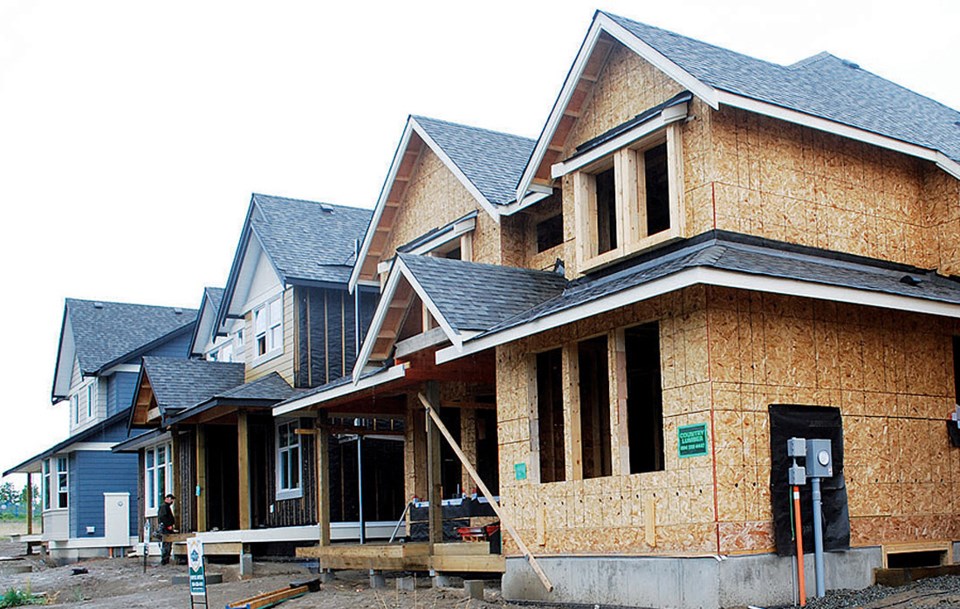Editor:
Re: Progress train will never stop, (Optimist, letters, April 15)
I found the letter from Mr. McDonald quite interesting, especially the comment that we be thoughtful and friendly about ‘progress.’
This requires us to define progress, especially relative to the issue of ‘growth.’
If you look it up on line, you’ll find that “Progress is the movement towards a refined, improved, or otherwise desired state.” Consider this in terms of ‘growth’; unless growth leads us to a refined or improved state it cannot be mistaken for ‘progress.’
Our understanding of the terminology here is very important. I think it’s where we start to find the differences in our community. If the intent is clarified it is likely that everyone would say they want progress, not growth.
We appear to have lost the ability to discuss issues such as these. Our actions around community development are narrowly channeled in a binary fashion. You either support growth or not. The issue of how that growth fits into ‘progress’ is where we lose focus.
Because growth is important to our business community the press and government often discuss growth in terms of ‘progress.’ In this sense it stresses economic factors over community or the environment. With our changing climate and community needs, we seriously need to reconsider this.
In New Zealand “A climate change ‘lens’ will now be applied to all major decisions made by the government.” Understandably this does not deny growth. It admits that all proposals, development or otherwise, will be judged from a wider perspective.
We need to do the same. No longer can we afford ‘growth’ without looking at the effects on climate and community. We can only do this by planning growth to retain/improve our environment and quality of life. We need to recognize this as our responsibility to our community and future generations.
Peter van der Velden



